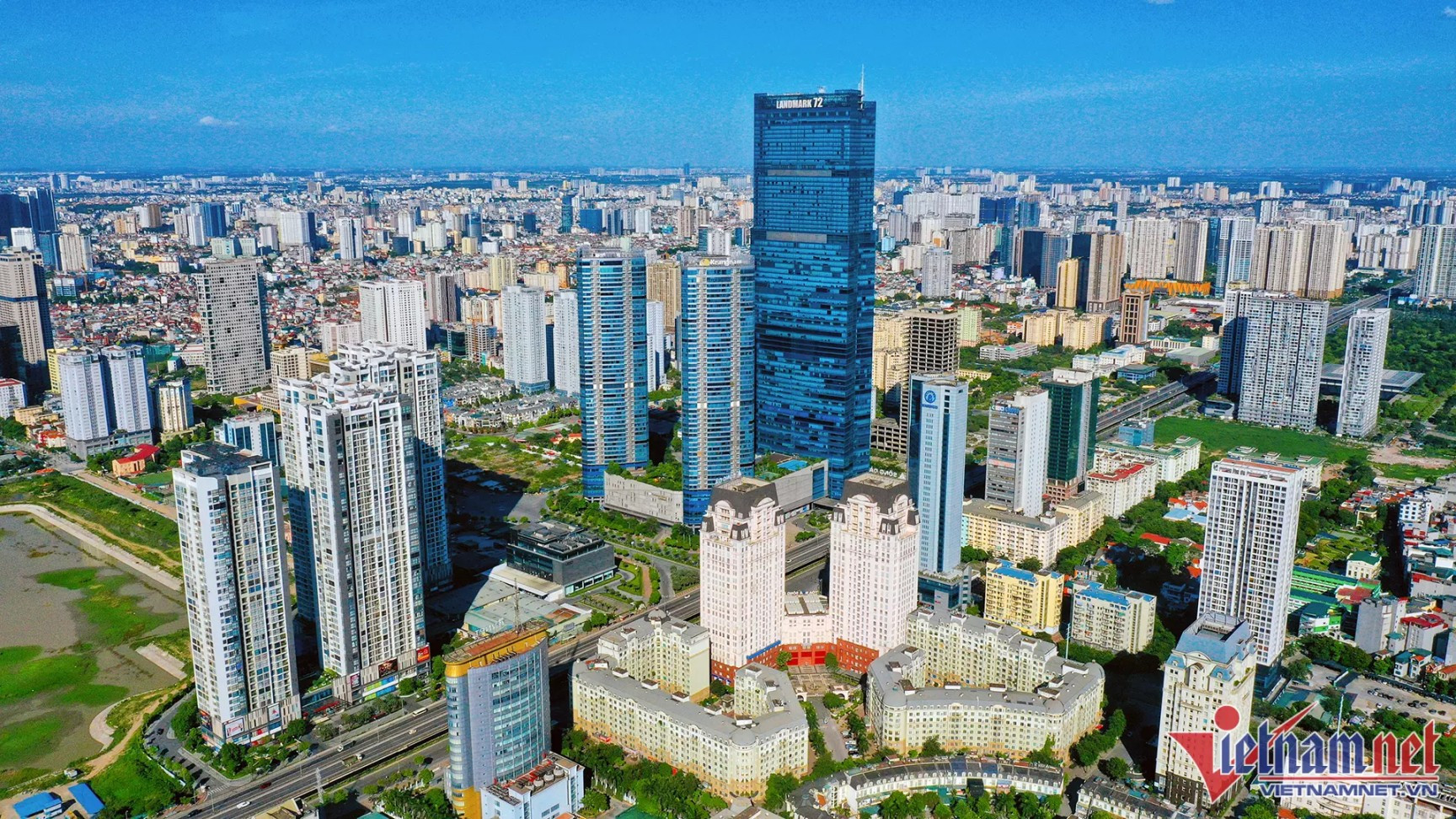
At the 2022 general meeting of shareholders, Nguyen Thi Nhu Loan, CEO of Quoc Cuong Gia Lai JSC, said the enterprise had to slow down investment instead of expansion.
There are two big barriers for real estate firms like Quoc Cuong Gia Lai. First, laws related to real estate such as Housing Law, Land Law, Real Estate Business and Investment Law are still overlapping and confuse investors. The bottleneck has existed for three years and has not been removed.
The second barrier is the need for capital at a time when banks are tightening lending to the real estate sector. And it is also difficult to raise funds from real estate bond issuance.
Because of the two barriers, real estate firms are facing bigger difficulties than the 2007-2011 crisis period. As a result, realtors have had to reduce expectations as it is unclear how long the deadlock will last.
Quoc Cuong Gia Lai is not alone. Many other real estate firms also have to wait for new policies and the loosening of credit policies.
Bui Quoc Viet, CEO of THS Consultancy and Investment, said that real estate firms are in dilemma - they "cannot both go ahead and step backward".
Realtors are at risk if they pour big money into land, site clearance, initial construction and marketing, but cannot mobilize capital to complete projects later. As the future is not clear, they would rather remain immovable.
“A paradox exists that while enterprises in other business fields have been encouraged to make investment to develop in the post-Covid period, enterprises in the real estate sector are not the subject of this encouragement,” he said.
Owning a home remains a dream
Commenting about the investment slowdown in the real estate sector, Nguyen Dinh Cung, a respected economist, said realtors, whether they like it or not, have to "play defense".
“I believe this will be the tendency of at least the last six months of the year as businesses have many problems, from legal procedures to capital mobilization,” he said.
Asked if the investment slowdown will affect the real estate market and if it would lead to real estate price decreases, Cung said ‘no’.
The economist thinks that real estate prices are not likely to decrease once the major problems of the market, including the supply shortage and high project implementation costs, have not been solved.
Regarding project costs, Nguyen Quoc Hiep, president of GP Invest, and chair of the Vietnam Construction Contractor Association, at a recent seminar said the market is witnessing two "building material price storms".
Steel prices in Q2 increased by 7 percent compared with Q1 2022. Labor costs also increased as construction companies and contractors have found it difficult to recruit workers.
Previously, one square meter of construction at low-rise buildings was just VND4 million, but the price has soared by 150 percent to VND6 million.
“People see that real estate prices are escalating and they think real estate firms are pocketing big money, but they don’t think about why the prices are rising,” he said.
Analysts believe the market will continue to see the upward trend in the time to come. The situation, according to a finance expert, will become even worse as realtors dare not expand investment and the supply shortage will become more serious.
If so, consumers will suffer. They will have to pay more to buy houses. However, as commercial banks tighten real estate credit, many home buyers won’t be able to access bank loans.
“The dream of buying a house will become more unrealistic,” he warned.
Meanwhile, Dinh Trong Thinh, a respected economist, has warned of a more dangerous problem that the "economic engine" won’t be able to operate if a part of the engine – the real estate market – is stagnant.
He said Vietnam should learn a lesson from China, which tightened real estate credit, causing default of a number of enterprises, and slow recovery of the real estate market.
He also warned that if credit cannot be controlled well, the GDP growth rate target will be unattainable.
“Real estate plays a very important role in the economy which affects over 40 other business fields. The unreasonable credit tightening will not only affect the real estate sector, but also the entire economy,” he said.
Hanh Nguyen